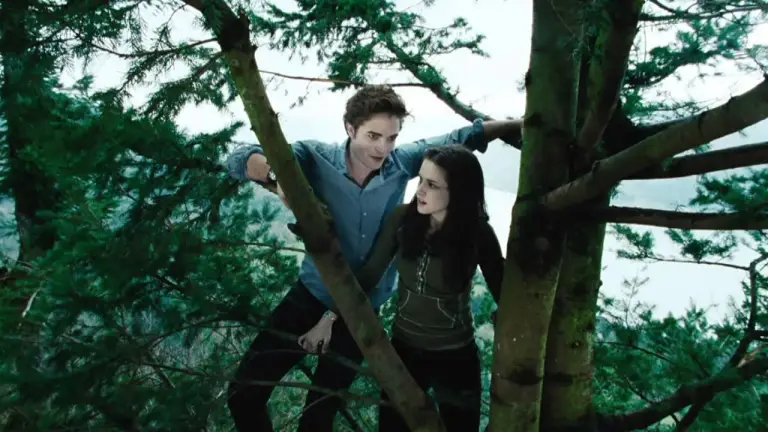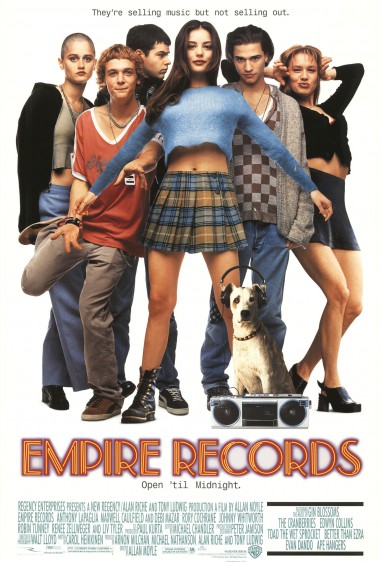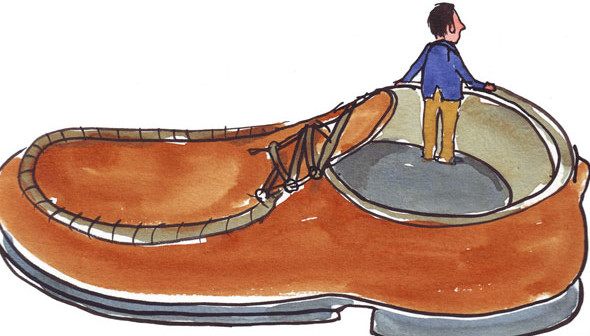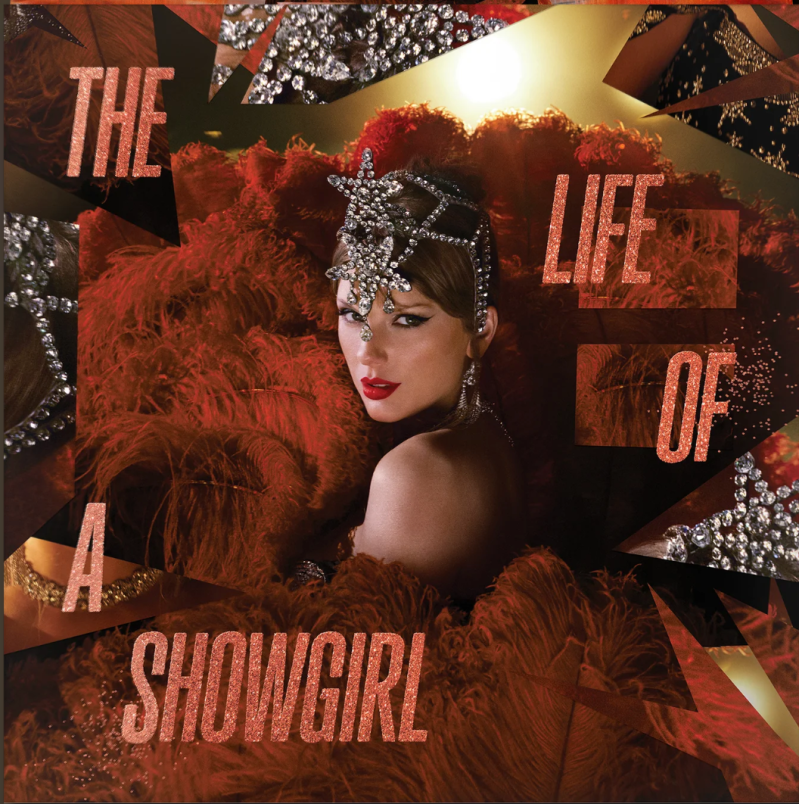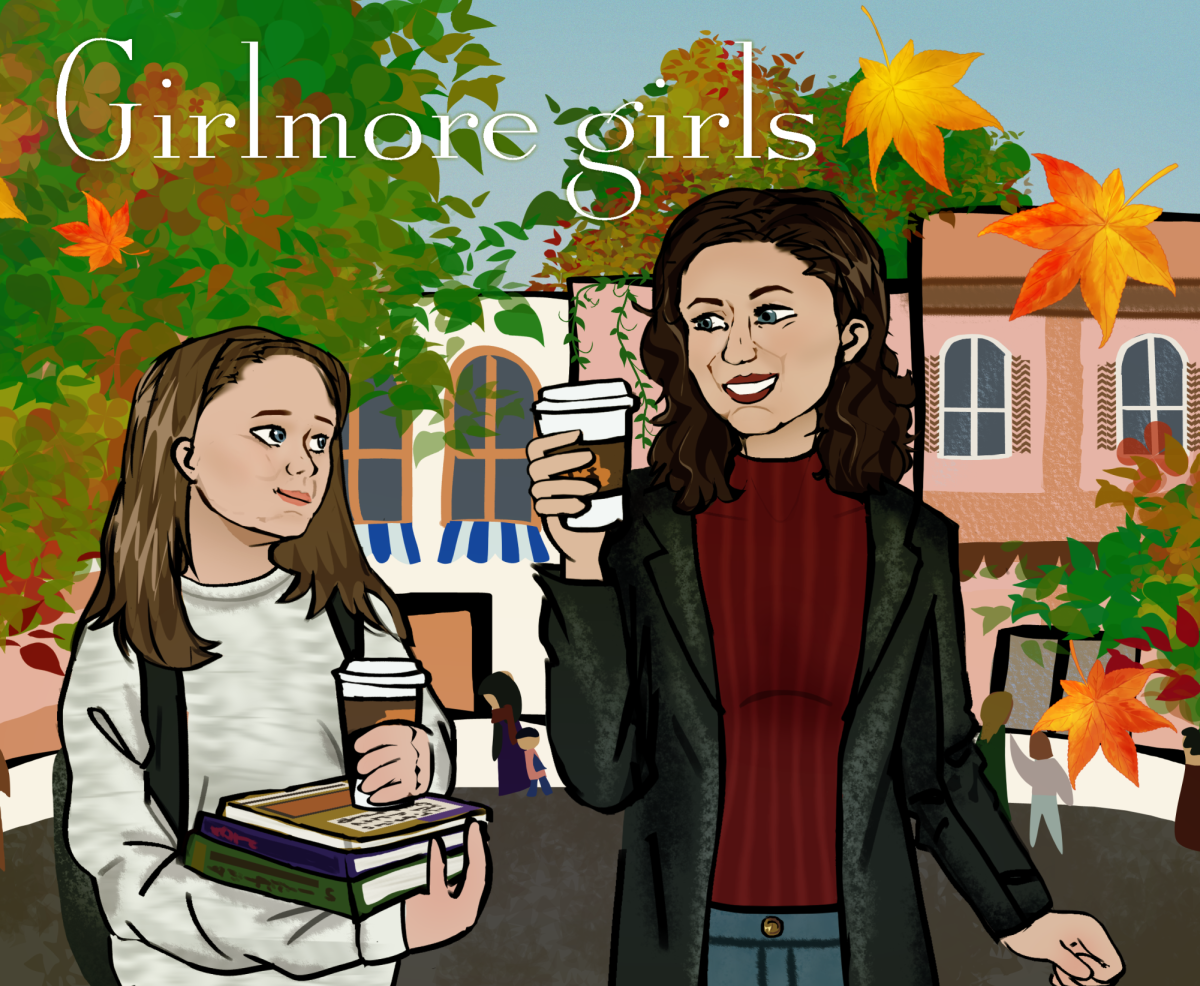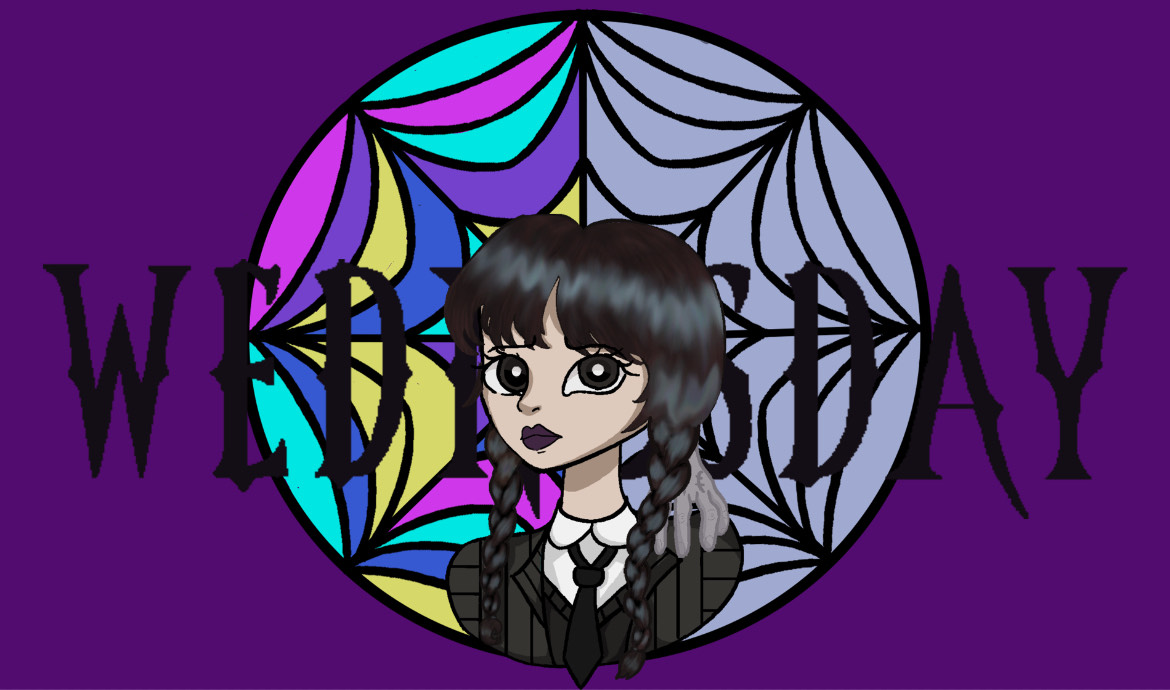Singer-songwriter Conan Gray released his fourth studio album, “Wishbone,” on Aug. 15, 2025. Gray teased his new album with hit singles like, “Vodka Cranberry,” “This Song,” and "Caramel," which had his fans practically knocking down his door for more.
“Wishbone” contains a total of 12 tracks, all exceeding three minutes, demonstrating the extreme thought and passion behind each song. He even revealed on the “Today” show that he wrote 300 songs before selecting the best dozen. If that doesn’t show dedication to an album, then I don’t know what does!
He also explained why he named the album “Wishbone,” stating, “A wishbone is one of the only wishing rituals that requires two people, and that reminded me a lot of relationships, cause there's always one winner and one loser.” He added that he never intended to release any of these songs, which explains why all of them are so deep and personal.
Even though he may not have wanted everyone to hear these songs initially, I appreciate him for releasing them anyway. Being able to hear his raw, unfiltered thoughts and feelings alongside his vulnerability and emotion is my favorite element of this album. Whether it's through his lyrics, the emotion behind his voice, or even the well-thought-out album title, you can easily pick up the genius of this album.
Specifically, the songs “Nauseous,” “Class Clown,” and “Caramel” stood out to me.
“Nauseous”
Track seven, “Nauseous,” is a complete gut-wrencher. It embodies the feeling of being so deathly afraid of love that it makes you physically sick, even if you know that the person in front of you genuinely loves you. Throughout the song, he uses metaphors to express that this feeling comes from his past experiences.
For example, he compares the danger of a bear trap’s lethal metal jaws to someone wanting to hold his hand. Additionally, he uses a falling floor to describe the people in his past who have abruptly left him. This leads him into a melancholic state, regretting the trust, love, loyalty, and kindness that he showed towards those people.
His lyrics say, “Behind every kiss is a jaw that can bite, and maybe that's why I feel safe with bad guys, because when they hurt me I won’t be surprised.” This emphasizes his fear of loving someone because every sweet gesture can turn cruel in the blink of an eye. This leads him to go after the bad guys, even though he’ll get hurt in the end. He does this because, when that time of hurt comes, he at least won’t be blindsided.
Later, during the bridge, he says, “Maybe I’m here waiting for someone, to get through my years of trying to trust them. I know that it’s in me to really love someone, but that’s not a thing that I learned from my loved ones.” Here, he is able to explain the reason why the concept of love makes him feel so scared and nauseous; he wants to love and trust someone and is hopeful that one day he will be able to do so, but the reality is, that day is going to take a while to come. Growing up, he unfortunately never had an example of true unconditional love, and this shaped his perspective.
This track is so insanely vulnerable and tear-jerking. The intensity of the instrumental and lyrics truly captures the feeling of being scared to love.
“Class Clown”
“Class Clown,” which is track six on this album, is another masterpiece filled with melancholic lyrics, along with a peaceful yet powerful finger-picking guitar pattern. This song is based on his difficult childhood and how he uses humor to cope.
The track starts off with a peaceful guitar intro, and soon listeners are introduced to Gray’s vocals as he sings, “Growing up didn’t go how I like, it twists and turns like the limbs of a pine.” Similar to pine trees, Gray had to adapt to harsh and cruel environments. However, instead of shedding his damaged pine needles, he continuously covers them with blankets of humor.
He acknowledges that this form of coping isn’t beneficial to him or his relationships. Him using humor to brush aside his pain has caused him to never fully heal the wounds of his past. Gray describes how layers of sarcasm and jokes damage his friendships because it hides who he truly is. He takes accountability by saying, “there’s none at fault, but this own singing man.”
He also explains how, early on, he learned that you are either laughed at or laughed with. Although both have their downsides, he still constantly cracks jokes because, when you get the satisfaction of making people laugh, there is a moment in it where you are able to detach from your trauma, even if that joke is detaching you from your true feelings. However, that feeling of freedom from the past is momentary because, as he states, “Everything comes back around.”
In the bridge, he explains how he feels the need to still tell these jokes because, if he doesn't, then the dam that his younger self worked so hard to build will be ruined. Every emotion he's ever felt will “just start pouring out,” because everything is not fine.
Throughout this song, he does an amazing job of acknowledging the fact that humor isn’t the way to deal with trauma and that nothing was funny about what happened in his home. However, he does suffer the consequences once “everything comes back.”
This track is genuinely so heartbreaking once you fully understand it. Every part of this song, from the vocals, the instrumental and the build-up of the bridge, does a perfect job at capturing the essence of someone who uses humor as a defensive mechanism.
“Caramel”
Last but not least is track eight, “Caramel.” Unlike the others I listed, this song has more of an upbeat feel paired with the cliché theme of missing your toxic ex.
The track begins with powerful drums as well as layered synths, in order to create an upbeat yet angsty energy. Throughout the song, Gray sings about how in the moment the relationship was horrible, but now that it’s over, he can’t help but remember the good and is even distorting his own memories and making them seem better than they were. For example, Gray sings, “Your cigarette breath, thick on your open mouth. Maple and amber clouds and coffee grounds when I think of it now,” which perfectly embodies the meaning of the song. Something so gross and toxic seems so sweet now that it’s not around anymore.
Throughout the song, he compares his ex to caramel, having similar characteristics. Caramel gets stuck in your teeth, and its taste lingers in one's mouth, just like the memory of his ex lingers in his mind. Additionally, the longer caramel burns, the sweeter it smells, just like how the longer Gray is away from his ex, the sweeter he seems and the more he is burned into his memory.
The bridge also does a great job at stating this by saying, “Sweet taste in my mouth, I can’t get it out. I want you back now,” and “Now when I hear you’re in town, I just want caramel.” Despite all the gaslighting and toxicity, after not having it for a while, you can’t help but crave it. All the vivid memories and emotions lingering around make them seem so sweet and irresistible, and the temptations are especially hard to resist when you continue to find them reappearing in your life.
This track is so extremely well-written and produced that, even if you don't have a toxic ex, you can still appreciate the clever metaphors and the well-developed instrumentals.
This album is a river with a never-ending stream of vulnerability, emotion, and truth. It’s crazy to say, but the three songs I listed are just a fragment of lyrical masterpieces from this album. Each and every one of these 12 tracks is filled to the brim with clever and relatable lyrics, catastrophic melodies, and, last but not least, an immense amount of passion.
Nevertheless, whether it's sonically, vocally, or instrumentally, this album is absolutely incredible. It does a perfect job of displaying exactly what Gray wanted to express with this album: the point of view of the person who got the short end of the wishbone.




